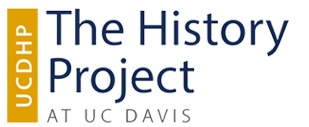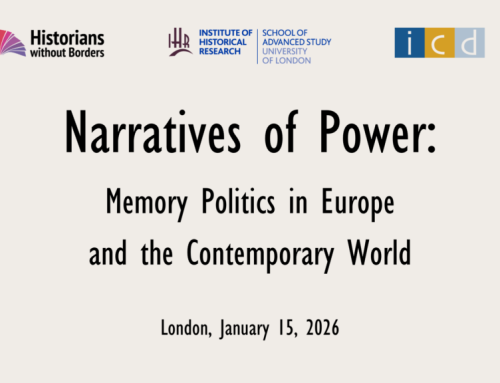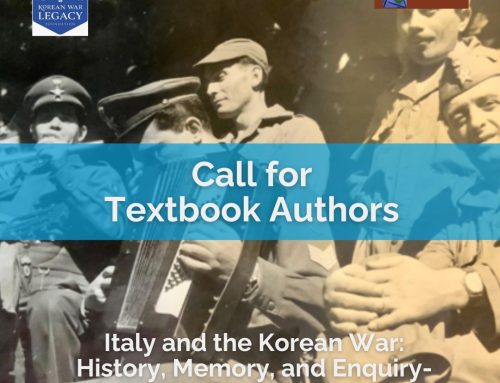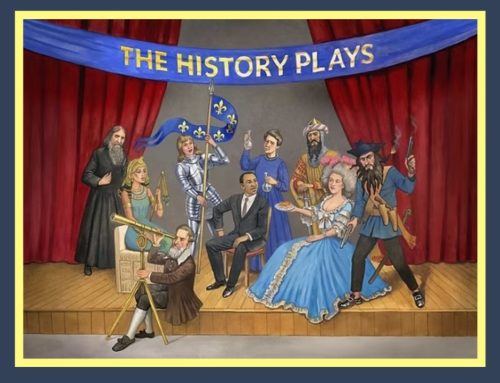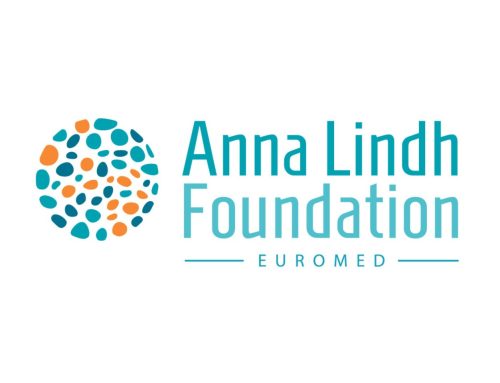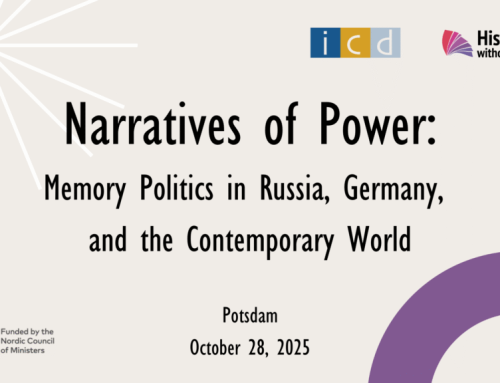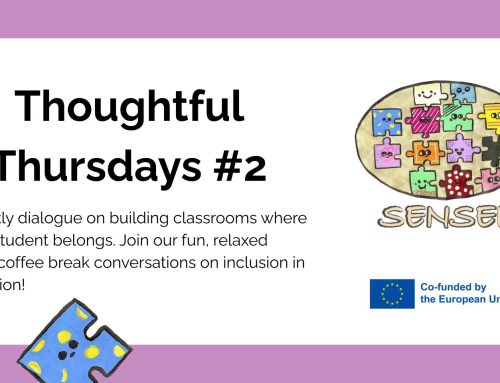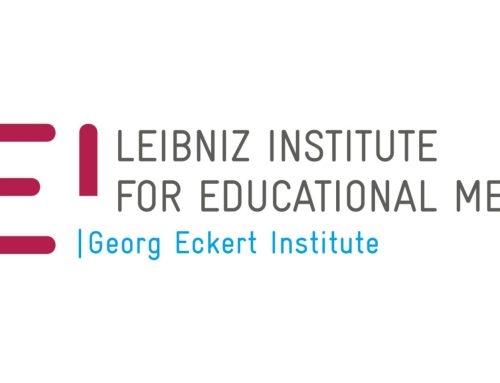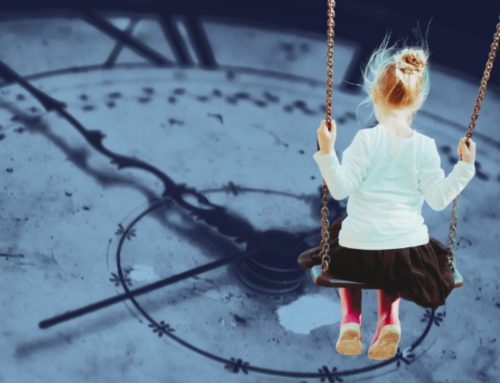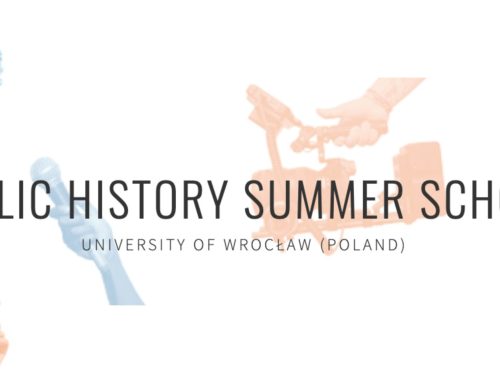
Chalenges in Teaching & Learning History: Issues of Pedagogy & Content
Though several conferences have been cancelled for this spring due to the corona Virus outcome, the Teaching History conference from the University of UC Davis is been posponed for the spring of 2021. Join them for the 4th biennial Teaching History Conference 2021, scheduled for May 7-8, 2021 at UC Davis, in adition to that, is important to inform that The UC Davis team has planed contingencies if a virtual conference is necessary.
The Call for Proposals is now open and will be due in fall (please note: this is an extended deadline in response to the pandemic). More information will be sent once a more specific date is defined. See below for details about the conference and information on how to submit your proposal.
THIS YEAR’S CONFERENCE invites proposals that engage our question—How can conversations across the K–16 continuum and beyond help us more effectively address pedagogical challenges and contested or controversial histories?
The 2021 conference, “Challenges of Teaching and Learning History: Issues of Pedagogy and Content” furthers this collaborative dialogue by focusing on “teaching hard history.”
Informed by the moment of polarization in which we are living, we welcome proposals that explore the possibilities for overcoming the obstacles we face when teaching history—from difficult topics that generate lively public debate, such as the significance of slavery to the forming of the United States as represented by the public history project of the NYT’s 1619 Project to teaching students the more complicated and complex aspects of historical study as evidenced by Teaching Tolerance’s Teaching Hard History initiative to asking historical questions that elicit a deeper understanding of the past or crafting a narrative for which there may be a limited historical record.In keeping with our mission, we hope the conference theme will produce fruitful discussion across historical fields and among history educators from differing teaching and learning spaces who do not typically have a chance to exchange ideas and practices with each other. This conference offers a space for sharing work with fellow history educators, whether you are experimenting with new methods in your classroom, or you are examining these problems as a researcher (in the field of education, for instance, or the Scholarship of Teaching and Learning), or you educate the public in a museum or via a website. Our hope is that the Teaching History Conference will inspire new professional connections and communities of practice that continue beyond the conference setting.
KEYNOTE SPEAKERS:
 Andrés Reséndez, UC Davis
Andrés Reséndez, UC Davis
Andrés Reséndez is a Professor of History at the University of California, Davis specializing in colonial Latin America, borderlands, and the Iberian world. His The Other Slavery: The Uncovered Story of Indian Enslavement (2016), winner of the Bancroft Prize, considers the enslavement of hundreds of thousands of Indians in the Caribbean, Mexico and the American Southwest between the sixteenth and nineteenth centuries. Reséndez discussed The Other Slavery on Teaching Tolerance’s Teaching Hard History podcast (Season 2, Episodes 7 and 8). He is also the author of A Land So Strange (2007), and Changing National Identities at the Frontier (2005).
 Cate Denial, Knox College
Cate Denial, Knox College
Cate Denial is the Bright Distinguished Professor of American History, Chair of the History department, and Bright Institute at Knox College in Galesburg, Illinois. A 2018-2021. Denial is the winner of the American Historical Association’s 2018 Eugene Asher Distinguished Teaching award, and a former member of the Digital Public Library of America‘s Educational Advisory Board. She is the author of Making Marriage: Husbands, Wives, and the American State in Dakota and Ojibwe Country (2013). Her current research examines the early nineteenth-century experience of pregnancy, childbirth and child-rearing in Upper Midwestern Ojibwe and missionary cultures. Additionally, Denial is a pedagogical coach for K-12 teachers and university faculty.
Questions? Email: teaching.history.conference@gmail.com
Follow @TeachHistConf and #TeachHist21 on Twitter

